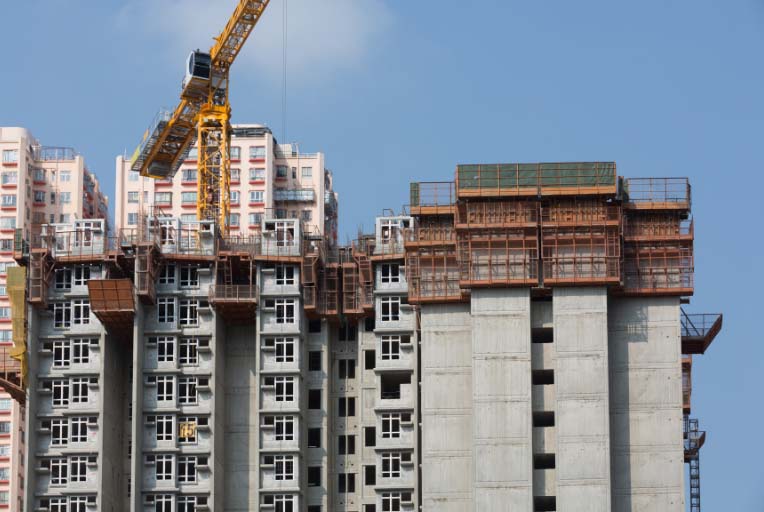Residential Property Developer Tax

Residential Property Developer Tax
In the Government’s continued efforts to generate income to remedy unsafe cladding, it has now introduced a new 4% residential developer tax payable as of 1 April 2022 (RPDT). The new tax will be payable by the larger housebuilders and is expected to raise a minimum of £2billion in the scheme’s initial 10-year period.
The RPDT will be charged on the profits made by the UK’s largest residential developers and introduced as part of the wider Government measures in response to the Grenfell tragedy. This new tax is a new piece of legislation but will be based on the existing rules for corporation tax.
RPDT is set to impact only a small number of the UK’s development corporations and HMRC is set to incur costs of up to £8.65million to update existing tax systems so that the new RPDT can be reported and paid.
What is RPDT?
RPDT is a 4% tax charged on profits of residential development companies for accounting periods ending on or after this date and will be delivered as an extension of corporation tax. For accounting periods that straddle this date, RPDT will be apportioned accordingly. The RPDT will only apply to trading profits which exceed the company’s annual allowance of £25million.
How is RPDT calculated?
Reporting and payment of RPDT will be made in the same way as corporation tax and should be calculated on annual profits arising from UK residential development activity.
Who pays RPDT?
RPDT is payable by a company and groups of companies with an interest in land that carry out residential property development activities – such companies must already be subject to corporation tax.
As RPDT applies to companies that are subject to corporation tax, not-for-profit housing companies are exempt.
What are residential property development activities?
RPDT is levied on companies which carry out residential property development activities.
A residential property is any building for the use as a residential dwelling and includes buildings being constructed or adapted for such use together with the marketing and managing thereof.
Activities also includes anything done by a developer for the purposes of residential property and in particular, designing or seeking planning permission to it and any other ancillary activity.
What is considered an interest in land?
For RPDT to apply, the developer must have (or had) an interest in land with a benefit of an obligation, restriction or obligation that affects the value of the land.
The land must be held as trading stock as opposed to being held for solely investment purposes. Therefore, those holding an interest in the land for security by way of a charge or mortgage (such as lenders) will be excluded from paying RPDT. An interest in land does not extent to licensees.
Are there any exclusions?
As mentioned above, not-for-profit housing companies will likely be exempt. RPDT applies to group companies, therefore not-for-profit housing companies will need to consider activities across its groups to determine if any will attract RPDT.
Build to rent developments typically are held as investments and are therefore likely to be exempt.
Certain communal dwellings are also exempt from RPDT; including accommodation for hospital workers, the armed or emergency services, hospitals, hotels, prisons and student accommodation.
Impact?
The Government expects the potential impact on house prices to be negligible given that new builds account for a small number of the overall market. The Government may consider extending the initial 10-year period in the event that they do not raise the estimated £2billion.
Developer’s will need to be aware that RPDT is in addition to the Building Safety Levy imposed on developers levied by the Building Safety Act 2022; as part of the Government’s mission to remediate historic building safety defects. Companies and group-companies whose profits do not exceed the annual allowance of £25m are unlikely though to be affected by RPDT.
Contact our Real Estate Dispute Resolution team today
If you would like to discuss any issue relating to this blog, please do not hesitate to contact a member of the Real Estate Dispute Resolution Team on 01895 201759 or contact us via the enquiry form at the top of our Property Disputes page.
